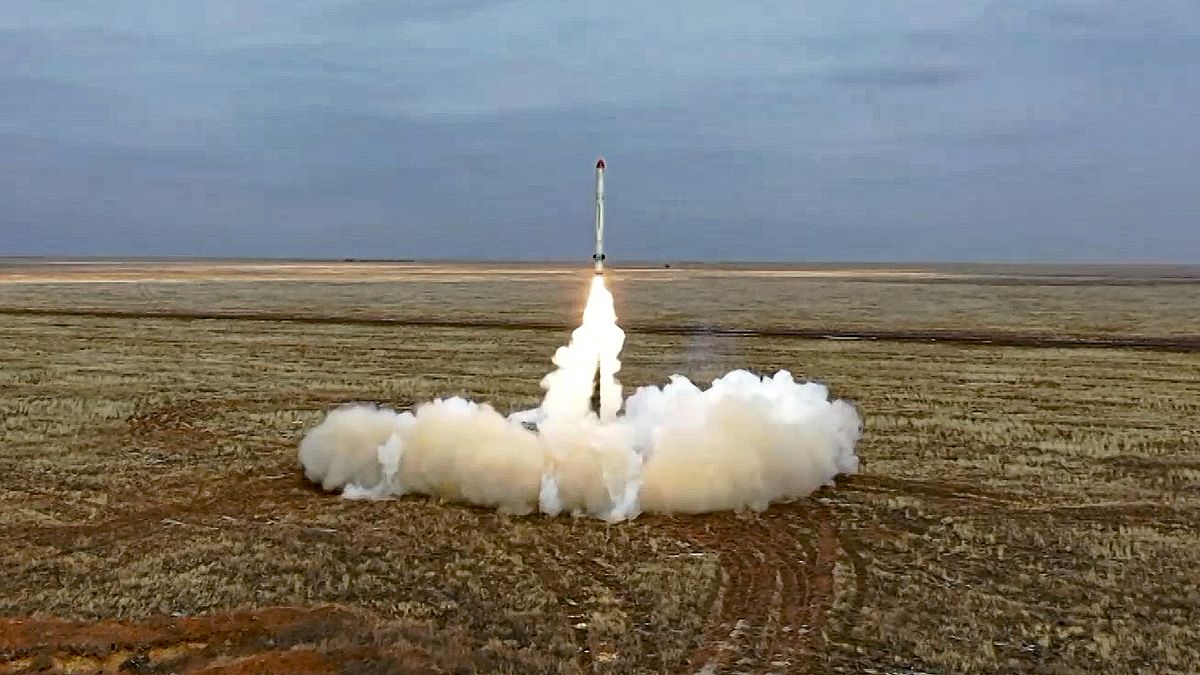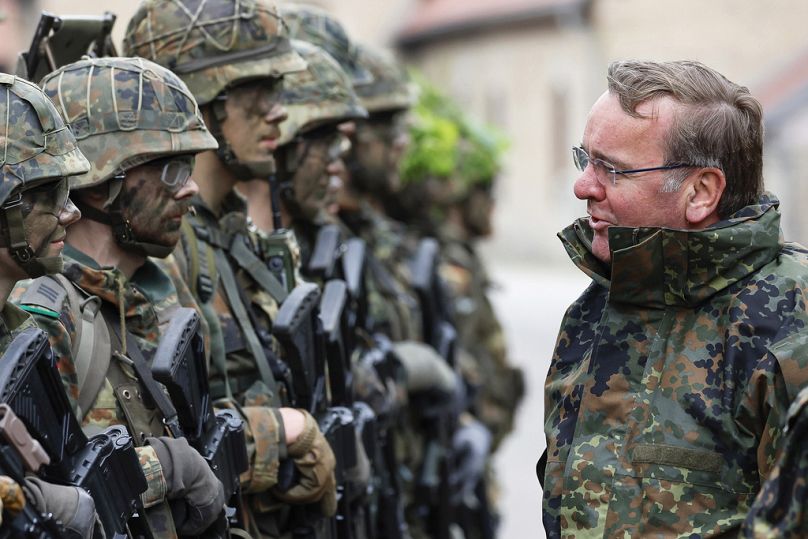The escalating threat from Russia and potential US abandonment of NATO means Europe's security posture is being radically rethought.
A senior German minister has suggested that the UK and France could play a larger role in Europe's nuclear shield if Donald Trump wins this year's US presidential election – an idea that would represent a major turning point in the continent's defence strategy.
Christian Lindner, who serves as Germany's finance minister and heads the country's Free Democratic Party, argued in his piece that the transformation of the global security order means that the continent's two nuclear powers may have a far greater role to play if they are prepared to step up.
"The strategic nuclear forces of France and Great Britain are already making a contribution to the security of our alliance," Lindner wrote. "The French president, Emmanuel Macron, has made various offers of cooperation. We should understand Donald Trump's recent statements as a call to further rethink this element of European security under the umbrella of NATO."
Lindner's argument comes not long after Trump gave a speech saying that he would essentially abandon NATO countries who did not meet the alliance's minimum defence spending threshold and that he would even give Russia the green light to attack them.
The UK and France have both maintained nuclear deterrents for decades, albeit with different approaches to their deployment and use. The UK's Trident system, for instance, is exclusively submarine-based, with one of the Navy's fleet of four nuclear-armed submarines deployed at any given time.
The long-range missiles the submarine carries can only be launched on the orders of the prime minister, which are contained in a letter carried on the submarine – which in turn is only to be opened by the crew if the UK itself is hit by a catastrophic attack. It is the prime minister's prerogative to order that the weapons not be fired.
France, meanwhile, maintains a submarine and air deterrent, the so-called 'Force de Dissuasion'. Its arsenal of nuclear warheads is believed to be the world's third-largest, but according to the Arms Control Association, the country's launch protocol has been deliberately slowed down and may take as long as several days.
A new German doctrine
The advent of the war in Ukraine has spurred a major shift in German defence thinking, beginning with a more assertive effort than expected to provide the Ukrainian military with ammunition and military hardware.
The move to a new security doctrine is a theme hammered home by Lindner in his op-ed.
"The turning point in German security policy has now lasted two years," he wrote. "It is becoming increasingly clear that the era following the end of the East-West conflict, which laid the foundations for Germany's security, stability and prosperity with its security policy decisions, is irrevocably over.
"One thing must be clear to us: there is no way back to the security policy paths of the past 30 years."
The defence minister, Boris Pistorius, has already called for the German army to break with decades of military doctrine and transition from a defensive force ready to contribute to multilateral peacekeeping into one ready for war.
He has also warned that Russia could attack at least one NATO country within the next five years – tallying with a leaked German "exercise scenario" laying out a scenario for a full-on Russian war in Europe in the next two years.
The plan envisions what would happen were Russia to amass troops in Belarus for an attack on one or more of the Baltic states, forcing NATO to deploy as many as 300,000 of its members' forces in eastern Europe by the start of 2025.

